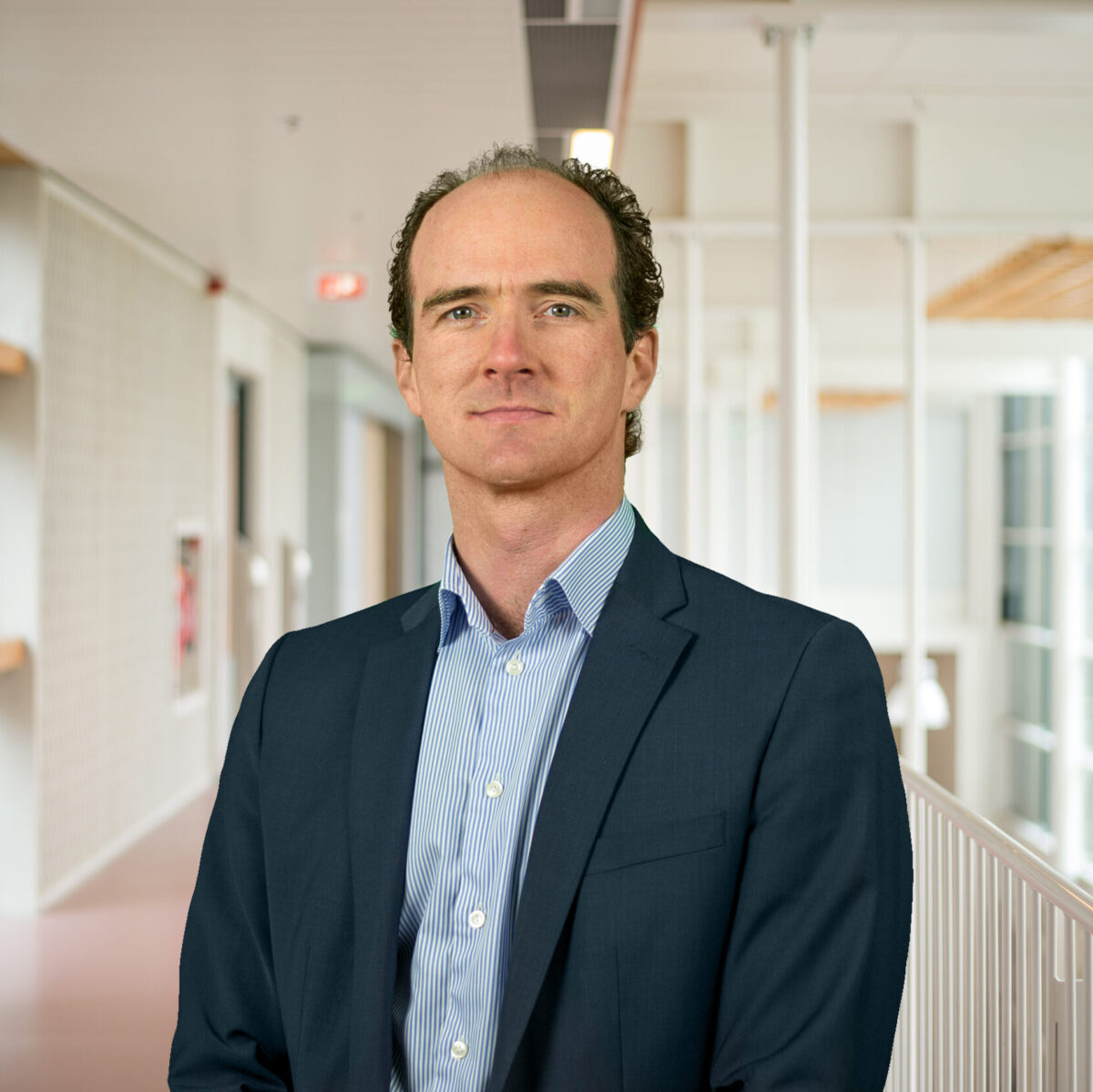In this edition of “Meet the members”, we interview Bart van de Warrenburg, neurologist at the Radboud university medical center. He will tell us more about his work in the hospital, within ERN-RND and his expectations for the network.
1. What is your profession (department, affiliation, etc.) and your medical expertise or specific field of interest?
I am working as a neurologist at the Radboud university medical center, Nijmegen, the Netherlands. I am leading the expert centre for rare and genetic movement disorders, in which we focus on ataxias, HSP, dystonia and rare parkinsonism. This domain of medical expertise crosslinks clinical skills and neurogenetics, which I like very much. The official recognition of our centre by the Dutch Minister of Health was recently renewed. As a principal investigator, I also lead a research group that does translational research into rare and genetic movement disorders.
2. What do you like most about your work and what is the biggest challenge specially in regards to working on rare diseases?
As an academic doctor you combine care, research, teaching, and management, all within a dynamic and ambitious environment, which suits me quite well. It is great to be an expert on a small but relevant group of diseases, which allows me to really be of added value to patients. I also like the integration of care and research: picking up new ideas, questions, and priorities in the consultation room and also translate research findings back to the clinic. There are multiple challenges in working on rare diseases, including insufficient reimbursement for the expert care provided, difficulties to arrange a care network close to the patient’s home, limited funding resources for research, etc. Still, I sense a sort of momentum for rare disease care and research, and I think the ERN is a tangible embodiment of that. Therapies are on the horizon and this is a great boost for this area in medicine.
3. How do you participate in ERN-RND? Can you tell us about your experience presenting a case via the CPMS?
I have been involved with ERN-RND from the start and witnessed its ‘maturation’, which is great. I am part of the working group on ataxia/HSP, have contributed to teaching in one of previous winter schools, featured in two webinars, and reside in a CPMS panel. With regard to CPMS, it has been nice to jointly try to solve cases within the system and to be part of a recent online CPMS case discussion. The number of cases discussed could be higher, and I indeed think it is good to try and push this.
4. What are your expectations for the network?
As said, ERN-RND is clearly maturing and is now quite professionally supported. It is becoming clearer what our main activities and goals are. Guidelines and case discussions are important instruments to try and help colleagues within the EU to manage their patients with rare neurological disorders. In our hospital, I also see that the ERN’s are increasing in importance. There is a clear opportunity for ERN-RND to take the lead in improving and harmonizing care for rare neurological disorder patients in the EU. However, it will be important that ERN-activities are formally recognized by national authorities and hospitals. For most of the ERN-RND members, these activities are currently extra and often done in spare time.
I also see that ERN-RND, with other ERN’s, can serve research purposes by providing an excellent infrastructure and network. I am part of the Solve-RD project, which is built on this.
5. How do you think patients and clinicians can work together/why do you think it is important?
I have been working with patients for many years. I am medical advisor for various patient societies, our expert centre has a patient council, and patients are increasingly involved in the early phases of our research. I have noticed that these interactions are of benefit to our care organisation and have contributed clearly to recent grant successes. It is therefore important that ERN-RND cherishes and further nourishes such interactions.
Are you an ERN-RND full member or affiliated partner and would like to participate? Please contact us.

